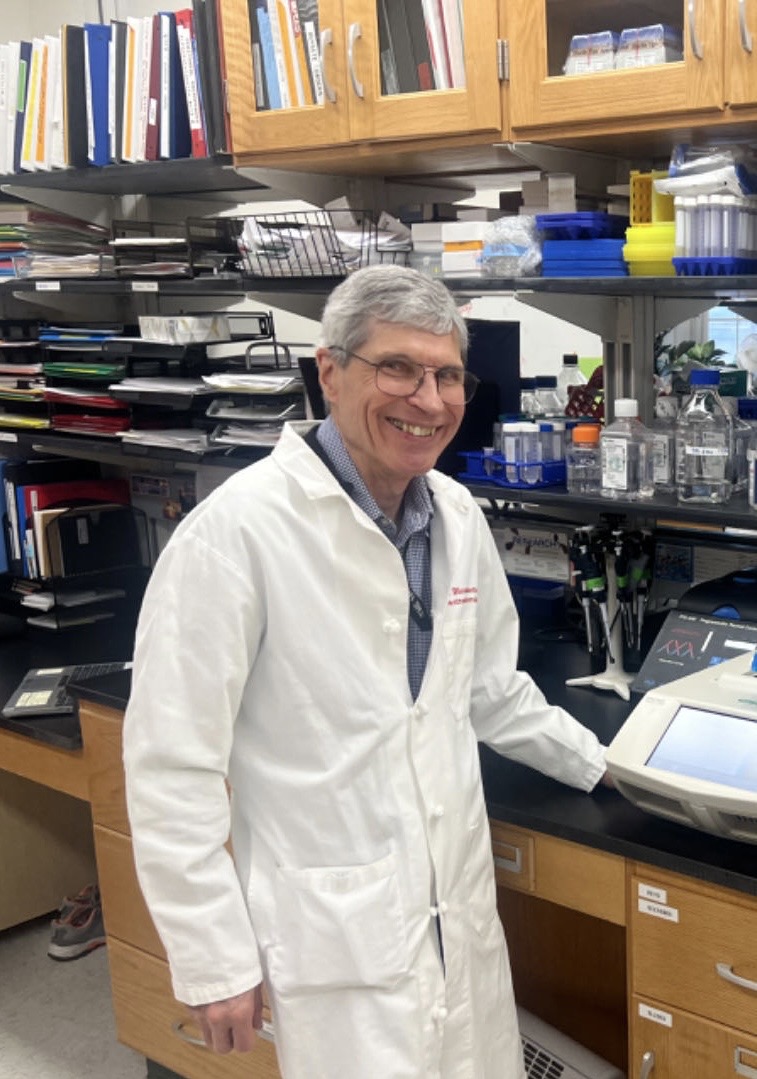Changing Lives Through Groundbreaking Science
Using robust scientific and lay review, in the 2024 cycle, the GI Research Foundation awarded $600,000 to eight investigators at the University of Chicago for novel research projects.
2024 Innovation Awards
DNA Methylation as a Biomarker of Ulcerative Colitis Dysplasia in PSC
Marc Bissonnette, MD
THE PROBLEM
Primary sclerosing cholangitis (PSC) is a rare liver condition that can lead to cirrhosis and bile duct cancer. Among PSC patients, 70% develop ulcerative colitis that increases UC colon cancer risk by 3-5-fold. In PSC, colon cells can progress to pre-cancer state known as dysplasia, signaling the need for colon resection.
THE HYPOTHESIS
Recently, researchers at the University of Chicago made a breakthrough discovery – abnormal immune cells PSC patients’ colons associated with progression to colon cancer. These cells might be triggered by bacteria or environment, linking genes and environment to cancer in PSC patients.
THE RESEARCH PLAN
Examine DNA methylation – a process whereby a small molecule “methyl group” is added or removed from DNA to alters protein levels of these genes so we can locate them and better understand how they are regulated. Environmental factors are known to alter DNA methylation. We developed an ultrasensitive method to measure methyl groups in small quantities of DNA. We’ll use existing patient samples to better understand PSC and related colon cancer.
THE GOAL
-
- More knowledge.
-
- Expand studies of DNA methylation in PSC that investigate colon methylation in PSC with IBD alone or with early-stage IBD colon cancer.
- Shed more light on broader mechanisms of autoimmune and inflammatory diseases, potentially benefiting a wider range of patients.
-
- Potential for early diagnosis and early warning for needed surgery.
- Potential for prevention and better treatment.
- More knowledge.
“These grants focus on research that advances the diagnosis, treatment, prevention, and cure of digestive diseases. Additionally, the goals of the grants program include to:
- Help build the field by funding emerging scientific leaders
- Provide seed funding for innovative ideas that, if successful, could result in larger grants from funders such as the National Institutes of Health
- Fund bold research ideas that might have risk of failure but high reward for success, as these projects have difficulty securing funding elsewhere
Thank you to our grant review committee members and scientific advisors who read and scored proposals with a focus on ensuring the recommended projects meet our mission and are centered on advancing patient care and outcomes.”


